 All Party Parliamentary Group on Global Health
All Party Parliamentary Group on Global Health
This Parliamentary Group has produced a report which shows that the UK plays a leading role in each sector. Its global contribution is second only to the US, althouigh it surpasses the US in some areas.
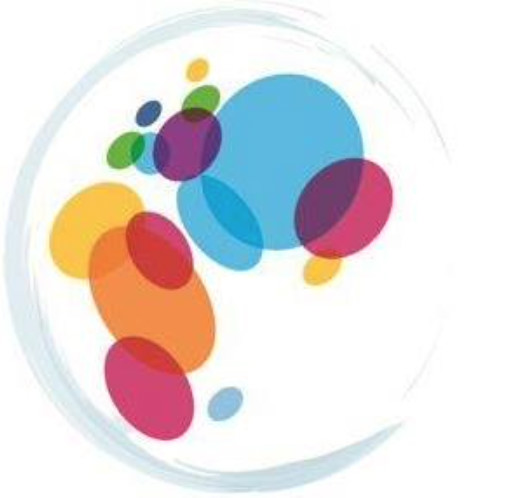 Cambridge Global Health Partnerships
Cambridge Global Health Partnerships
Cambridge Global Health Partnerships works with hospitals, governments and health organisations in countries across Africa, Asia and Latin America to provide specialist expertise, support shared learning and encourage sustainable change.
 College of Surgeons of East, Central & Southern Africa
College of Surgeons of East, Central & Southern Africa
This College is an independent body that fosters postgraduate education in surgery and provides surgical training throughout the region of East, Central and Southern Africa. It operates in Burundi, Ethiopia, Kenya, Malawi, Mozambique, Rwanda, Tanzania, Uganda, Zambia and Zimbabwe.
 Department of Health, Department of International Development (DFID) and the NHS
Department of Health, Department of International Development (DFID) and the NHS
The UK health service and the DFID have collaborated to produce a report on Engaging in Global Health which establishes a framework for voluntary engagement in global health by the UK health sector. DFID has also authored the Health Partnersip scheme.
"Engaging in Global Health" "Health Partnership Scheme"
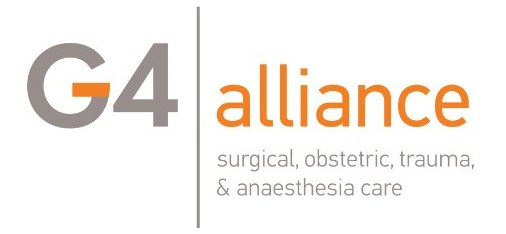 G4 Alliance
G4 Alliance
The G4 Alliance is a surgical, obstetric, trauma & anaesthetic care collaboration which exists "to increase political priority and mobilise resources to help provide safe surgical care for patients in need".
 Global Anaesthesia, Surgery & Obstetric Collaboration (GASOC)
Global Anaesthesia, Surgery & Obstetric Collaboration (GASOC)
GASOC aims "to build a cohesive advocacy movement for global surgery amongst trainees across the surgical specialities" and allows trainees across all three specialities to share educational resources, research & publications.
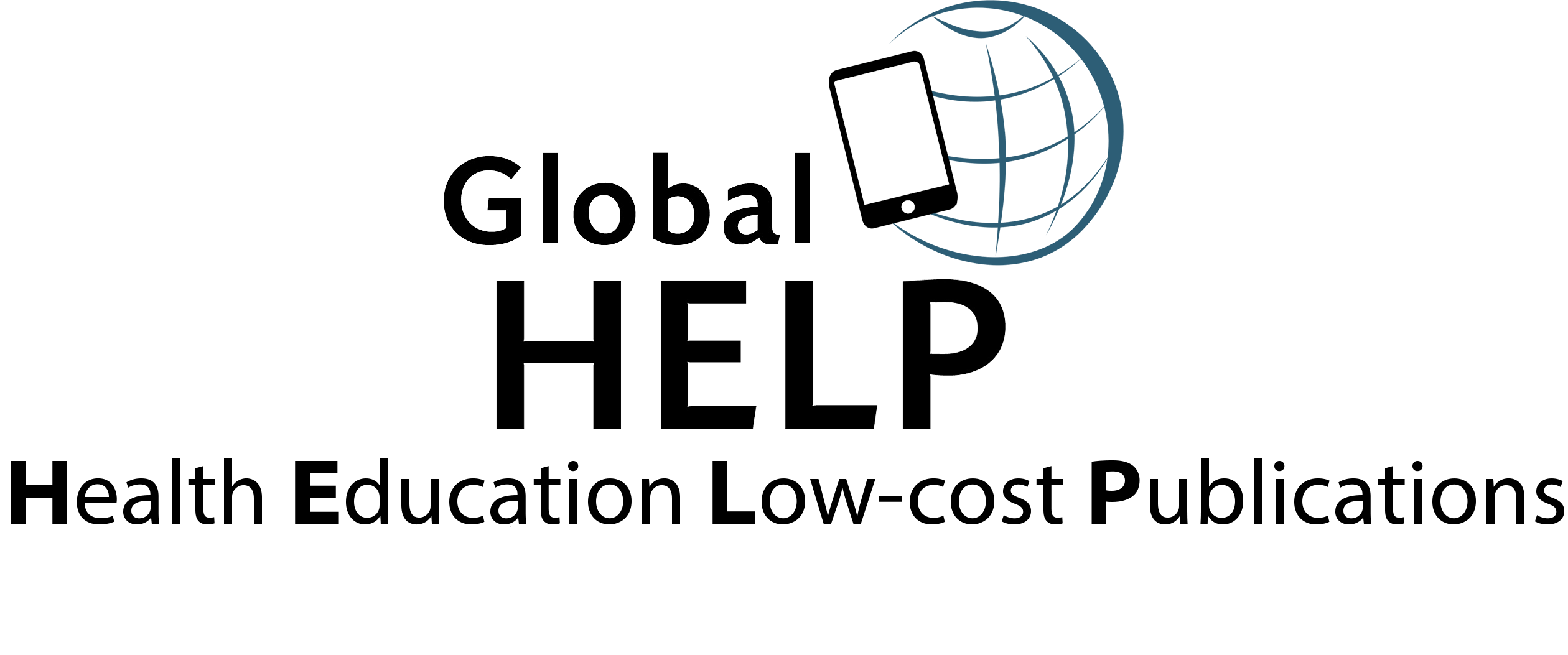 Global HELP (Health Education Low-Cost Publications)
Global HELP (Health Education Low-Cost Publications)
Global HELP has produced "Primary Surgery" which is the most used reference text for surgeons in poor-resource settings. It is aimed at those with only basic surgical experience, and has advice about what to avoid, as well as what to do if things go wrong.
 International Collaboration for Essential Surgery (ICES)
International Collaboration for Essential Surgery (ICES)
The premise of this collaboration is that surgery should - and can - be safe, accessible, and affordable to people worldwide, regardless of income or geography even in limited resource settings. Often, this requires only a modest investment in infrastructure.
Visit the ICES website for further information
 International Committee of the Red Cross (ICRC)
International Committee of the Red Cross (ICRC)
The ICRC is an impartial, neutral and independent organisation whose exclusively humanitarian mission is to protect the lives and dignity of victims of armed conflict and other situations of violence, and to provide them with assistance. The ICRC recruits people, signs a contract with them and gives them special training before they head off to a conflict zone. If you would like to work for the ICRC, either as a field delegate or at headquarters, please visit the Human resources section of their website. Those wanting to work in the field will usually do so for 12 months at least; more information can be found here.
 International Volunteers in Urology
International Volunteers in Urology
IVU encourages volunteers but with a different sphere of activity from Urolink, having connections predominantly in South America.
 Lancet Commission on Global Surgery
Lancet Commission on Global Surgery
This Lancet Commission believes that universal access to safe, affordable, surgical and anesthetic care - when needed - saves lives, prevents disability and promotes economic growth.
 Médecins Sans Frontières (MSF)
Médecins Sans Frontières (MSF)
MSF is probably the best organisation to approach if you want to help in specific disaster situations. IOt is, however, essential to remember that MSF does not usually accept volunteers who cannot commit to 6-12 months in the field. Donations are their preferred method of dealing with those who have limited time to spend abroad; they prefer volunteers who are multi-lingual.
Read about the roles for a surgeon with MSF
 Mercy Ships
Mercy Ships
Mercy Ships is an organisation that was founded in 1978 to provide medical care and surgery to the developing world, wherever the charities ships can dock.
 RedR
RedR
RedR is an international charity that improves the effectiveness of disaster relief, helping rebuild the lives of those affected. They aim to relieve suffering from disasters by selecting, training and providing competent and committed personnel to humanitarian programmes worldwide.
 Pan African Urological Surgeons Association PAUSA)
Pan African Urological Surgeons Association PAUSA)
PAUSA aims to bring the highest standards of urological clinical care through education, research and collaboration, to the urology patient on the continent of Africa.
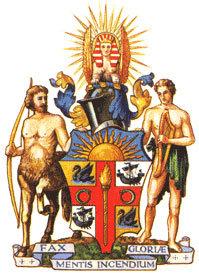 The Royal Australasian College of Surgeons (RACS)
The Royal Australasian College of Surgeons (RACS)
The RACS has extensive and highly detailed information on many aspects of working abroad in its pages on global health policies.
Its sphere of operation is mainly in East Asia and New Guinea, but it also has some links in Africa.
More about Global Health Policies
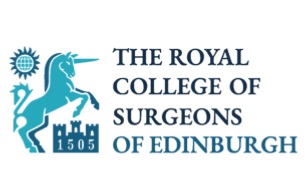 Royal College of Surgeons of Edinburgh (RCSEd)
Royal College of Surgeons of Edinburgh (RCSEd)
The RCSEd Global Surgery Foundation exists to build sustainable surgical capacity in communities suffering from a chronic shortage of care.
More about the Global Surgery Foundation
 Royal College of Surgeons of England (RSCEng)
Royal College of Surgeons of England (RSCEng)
The RCSEng has a section devoted to international affairs and delivers an internationally-renowned programme of activities and collaborations, including an active International Surgical Training Programme (ISTP).
More about the ISTP
 Royal College of Surgeons in Ireland (RCSI)
Royal College of Surgeons in Ireland (RCSI)
The RCSI has a strong collaborative programme with COSECSA created to develop surgical skills in sub-Saharan Africa.
More about the programme
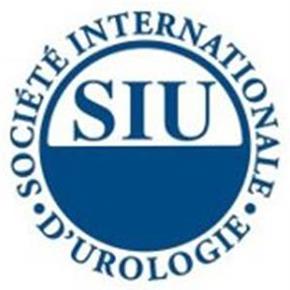 Société Internationale d'Urologie Foundation (FSIU)
Société Internationale d'Urologie Foundation (FSIU)
Created in 1998, the SIU Foundation (FSIU) has educational scholarships, provides teaching fellowships, conducts research and advances medical education in urology in LMICs. In the last 10 years, more than 200 urologists have received a total of $1 million in funding.
More about the Foundation
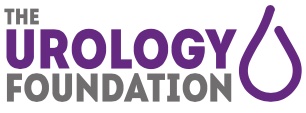 The Urological Foundation (TUF)
The Urological Foundation (TUF)
The Urology Foundation provides a number of Fellowships for UK-based trainees to get experience of the provision of global urology in resource limited environments. These are awarded annually.
Further details about applications
 Tropical Health & Education Trust (THET)
Tropical Health & Education Trust (THET)
Forges partnerships with healthcare experts to deliver targeted training programmes in LMICs. Read Lord Crisp's 2007 report on "Global Health Partnerships" and the 2016 report on "Lessons learnt from monitoring & evaluation experiences in Zambia".
 Voluntary Service Overseas (VSO)
Voluntary Service Overseas (VSO)
VSO can be a useful way of utilising your expertise in a less-medical way and your help may be employed in a number of different ways. For information about volunteering with VSO please visit their website which will introduce the concept of the mechanism of application, looking for opportunities, what those opportunities may bring and an on-line application form.
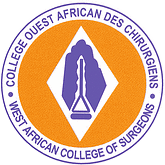 West African College of Surgeons
West African College of Surgeons
The West African College represents surgeons in 17 west African countries, and aims to establish advanced skills, simulation centres and educational resource facilities within the sub-region.
 The World Health Organisation
The World Health Organisation
The WHO leads global efforts to expand universal health coverage. It directs and coordinate the world’s response to health emergencies and helps promote healthier lives. WHO currently (2023) works with 5 hosted partnerships, more than 100 collaborative arrangements and over 800 collaborating centres. It produces a huge amount of data, and publications that may be helpful to those thinking of volunteering abroad.